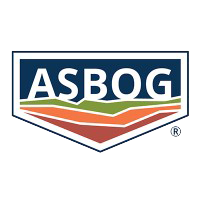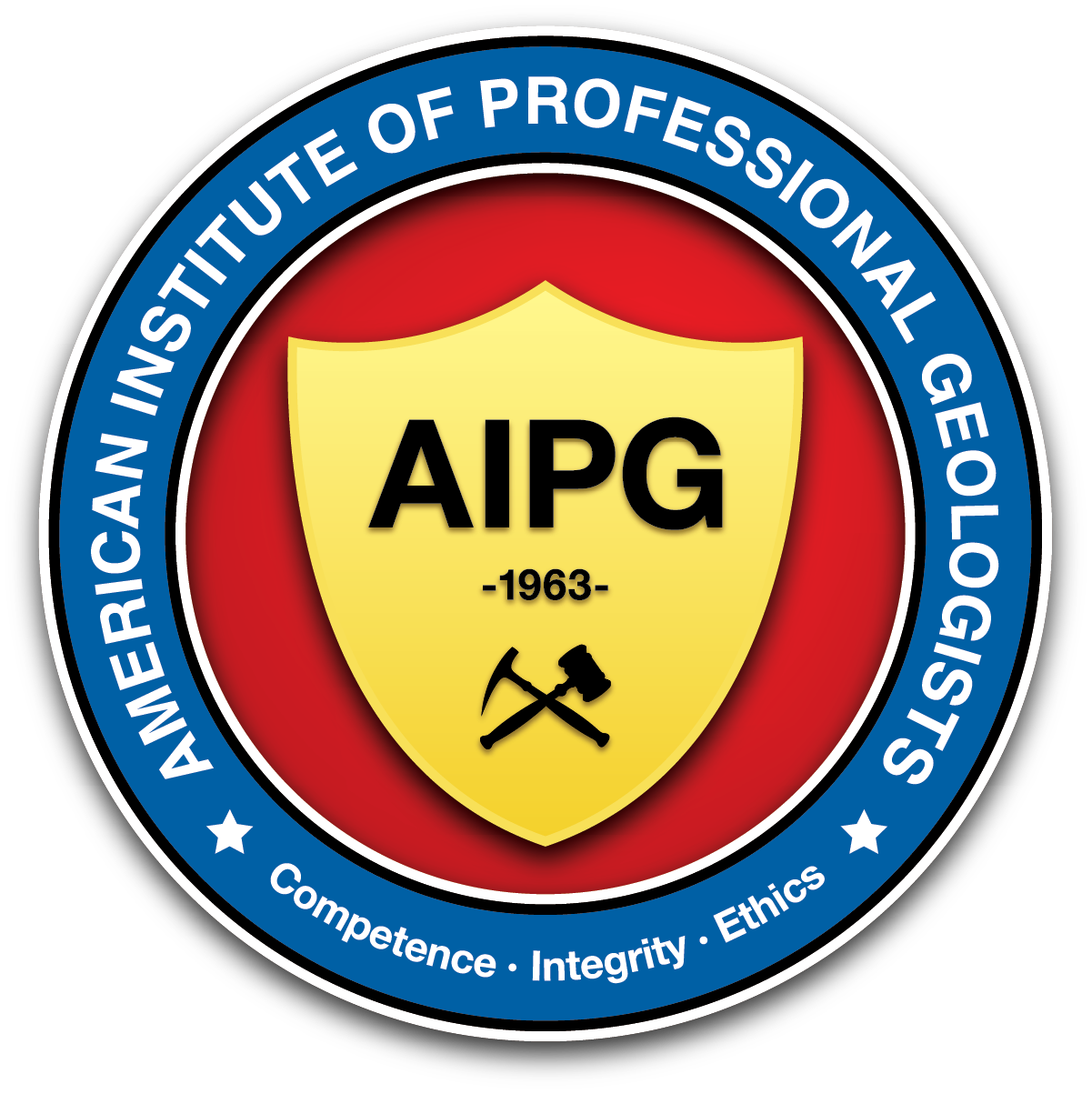Professional Conduct
Geoscientists play a critical role in ethical decision making about stewardship of the Earth, the use of its resources, and the interactions between humankind and the planet on which we live. Explore the many resources to support geoscience professionals in their work that help foster integrity, sustainability, and responsible stewardship in the geoscience profession.
Build Your Skills & Knowledge
Build your skills and knowledge through online courses, professional engagement, professional licensure and certification, and diversity and ethics resources. Browse our list of upcoming webinars to build your skills and connect with other geoscience professionals.








